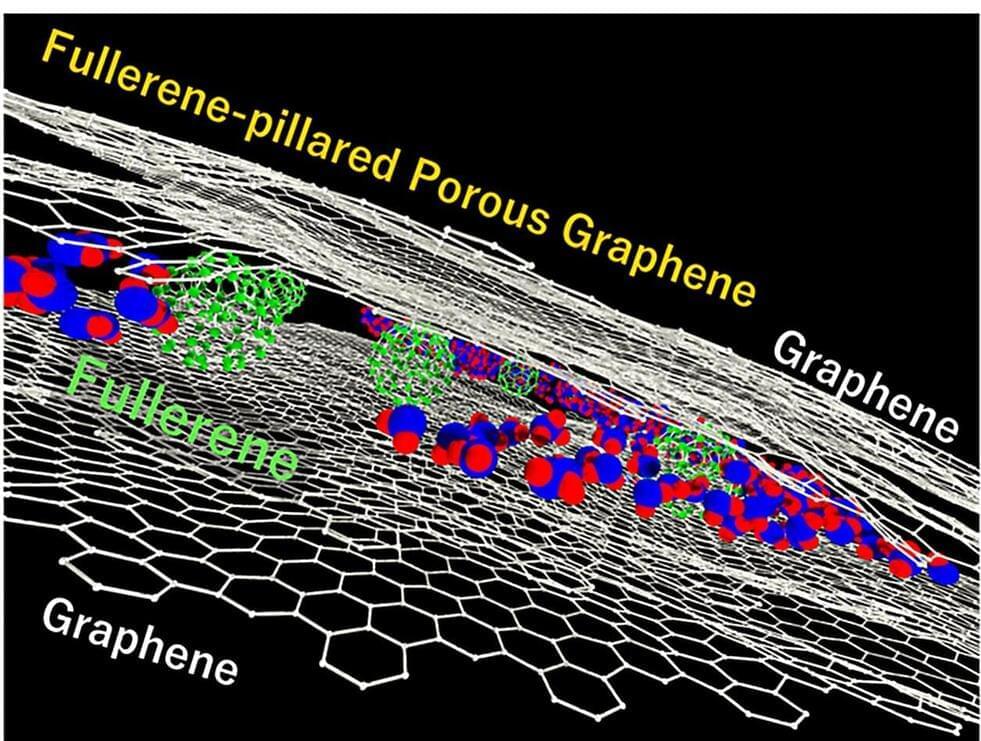Separation processes are essential in the purification and concentration of a target molecule during water purification, removal of pollutants, and heat pumping, accounting for 10–15% of global energy consumption. To make the separation processes more energy efficient, improvement in the design of porous materials is necessary. This could drastically reduce energy costs by about 40–70%. The primary approach to improving the separation performance is to precisely control the pore structure.
In this regard, porous carbon materials offer a distinct advantage as they are composed of only one type of atom and have been well-used for separation processes. They have large pore volumes and surface areas, providing high performance in gas separation, water purification, and storage. However, pore structures generally have high heterogeneity with low designability. This poses various challenges, limiting the applicability of carbon materials in separation and storage.
Now, a team of researchers from Japan, led by Associate Professor Tomonori Ohba from Chiba University and including master’s students, Mr. Kai Haraguchi and Mr. Sogo Iwakami, has fabricated fullerene-pillared porous graphene (FPPG)—a carbon composite comprising nanocarbons—using a bottom-up approach with highly designable and controllable pore structures.
